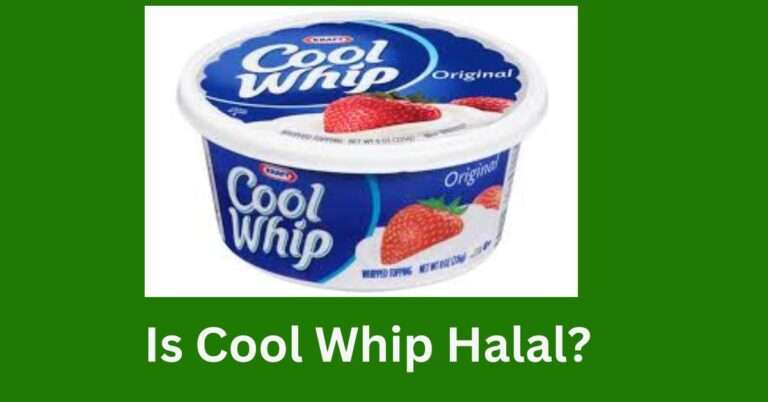🦞 Is Lobster Halal? A Complete Islamic Perspective
Lobster is a luxurious seafood enjoyed worldwide, but for Muslims, an important question arises: Is lobster halal?
Quick Answer: Lobster is partially halal.
The Hanafi school classifies lobster as haram because it lacks scales. Meanwhile, the Shafi’i, Maliki, and Hanbali schools allow all sea creatures, including lobsters.
For Muslims who want to follow their faith strictly, it’s essential to understand the reasoning behind these rulings. This article explores the topic based on Quranic verses, Hadiths, and scholarly opinions to help you make an informed choice.
📖 Islamic Dietary Laws on Seafood
Islamic dietary laws classify food as halal (permissible) or haram (forbidden) based on the Quran and Hadith. While most scholars agree that seafood is halal, there are differing opinions on shellfish like lobster.
📜 Quranic Verses About Seafood
The Quran states:
“Lawful to you is game from the sea and its food as provision for you and for the travelers…” (Quran 5:96)
This suggests seafood is generally halal, but it does not specify which types.
🏛 Hadiths on Seafood
Prophet Muhammad (peace be upon him) said:
“Its water is pure and its dead are lawful.” (Abu Dawood, Tirmidhi)
This hadith implies that sea creatures do not require specific slaughtering. However, scholars differ on whether all sea animals are included.

⚖️ Scholarly Opinions on Lobster
Islamic scholars have different views on lobster and shellfish. Their opinions are categorized as follows:
✅ Hanafi School (Lobster is Haram)
The Hanafi school allows only fish with scales to be halal. Since lobsters, shrimp, and shellfish lack scales, they are haram in this view.
Reasons:
- Lobsters are not considered “fish.”
- They are scavengers, feeding on dead matter.
- Some scholars compare them to land insects, which are haram.
✅ Shafi’i, Maliki, and Hanbali Schools (Lobster is Halal)
The Shafi’i, Maliki, and Hanbali schools consider all sea creatures halal, including lobster, shrimp, and crabs.
Reasons:
- The Quran states that all “seafood” is permissible.
- Hadiths do not specify restrictions on sea creatures.
- The natural death of a sea creature does not affect its permissibility.
🔍 Contemporary Islamic Scholars’ Views
Many modern scholars lean toward the majority opinion that lobster is halal, provided it is not harmful or poisonous. However, some advise avoiding it if following the Hanafi school.
🍽️ Can Muslims Eat Lobster?
Considering the different scholarly views, here’s a simple guide:
✔ If you follow Shafi’i, Maliki, or Hanbali teachings, lobster is halal.
✔ If you adhere to Hanafi jurisprudence, lobster is haram.
✔ If unsure, consult a local scholar or follow the principle of avoiding doubtful matters (Taqwa).
🌿 Health Benefits of Eating Lobsters
Lobster is not only a delicacy but also offers several health benefits:
- Rich in Protein – Helps in muscle building and repair.
- High in Omega-3 Fatty Acids – Supports heart health and reduces inflammation.
- Low in Fat and Calories – A great option for a balanced diet.
- Contains Essential Vitamins and Minerals – Such as vitamin B12, zinc, and selenium, which boost immunity and brain function.
- Good for Mental Health – Omega-3s in lobster can improve cognitive function and mood stability.

🏁 Final Take
The question “Is lobster halal?” depends on which Islamic school of thought one follows. Shafi’i, Maliki, and Hanbali scholars consider it halal, while Hanafi scholars prohibit it due to their strict seafood classification.
For Muslims seeking clarity, consulting a qualified scholar and making an informed decision is recommended.
❓ FAQs About Lobster in Islam
Is shrimp halal in Islam?
Yes, shrimp is considered halal by most scholars, except some Hanafi scholars who classify it as makruh (discouraged).
Do I need to slaughter seafood to make it halal?
No, seafood does not require slaughtering, as stated in the hadith that "its dead are lawful."
Should I avoid lobster if I'm unsure?
If in doubt, it is better to avoid it, following the Islamic principle of staying away from doubtful matters.







